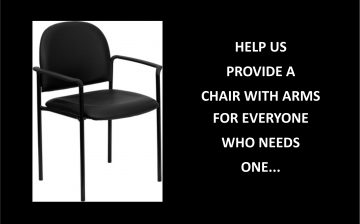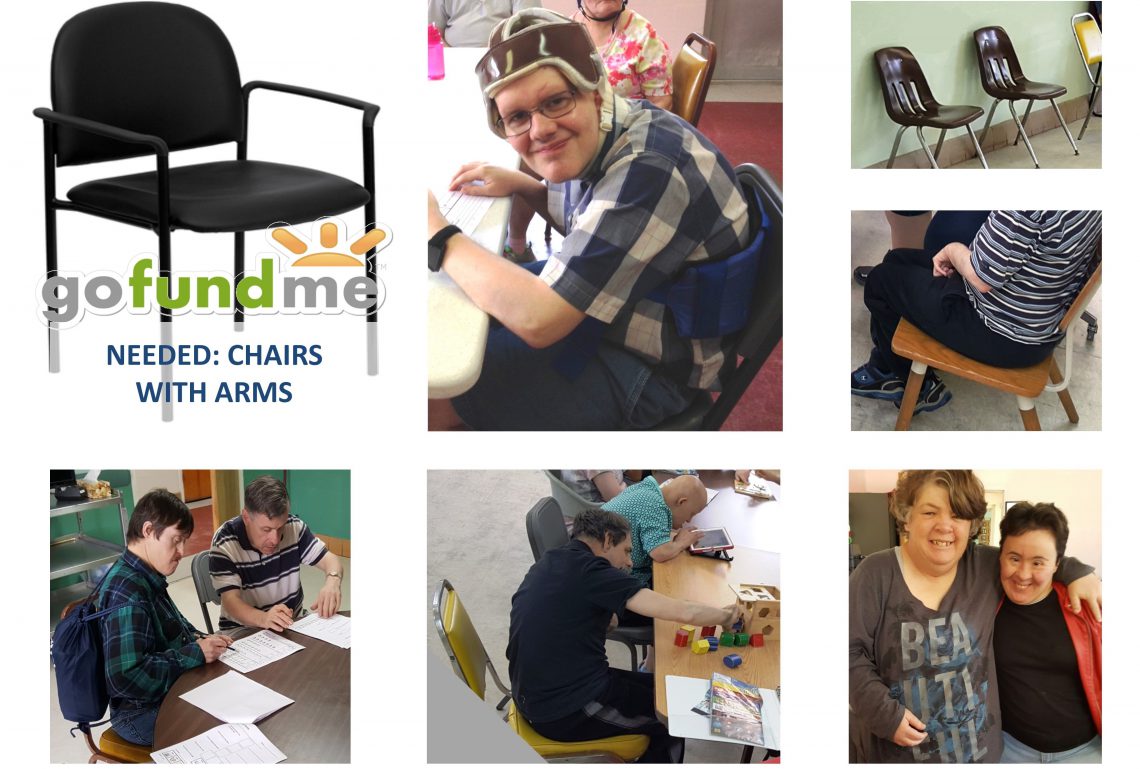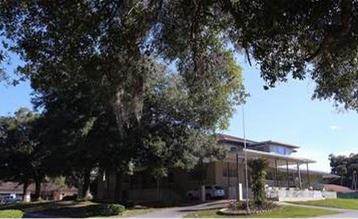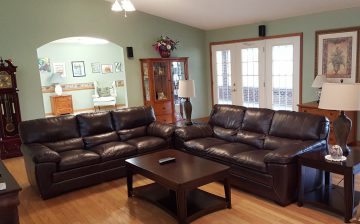December 18, 2015 A massive transformation, decades in the making, can’t possibly be reflected in one letter. But the Duvall Home is now Duvall Homes. Plural.
One thing that isn’t changing, though, is the headquarters for the private nonprofit provider of housing and care for adults with cerebral palsy, autism, and other developmental disabilities. Duvall Homes will remain at its rural campus in Glenwood, officials say. (3395 Grand Avenue, Glenwood, FL)
In 2000, Duvall housed about 250 people in residence halls at the 16-acre campus at the corner of Grand Avenue and Lemon Street in this unincorporated burb northwest of DeLand. This year, the private, nonprofit provider moved the last of its clients from McGaffin Hall into one of its 17 group homes across West Volusia.
The name change reflects that transformation at the same time the Duvall Homes board faced a decision: What to do with the Glenwood property now that no one lives there.
The board tried to sell the property for 10 months but after no sufficient offers were received, Duvall Homes’ officials say they will hang onto the property bought by the organization in 1952.
“It became evident through market research the property was worth far more to us than to some developer,” said Steven DeVane, CEO. “The decision was made to back off from selling it.”
The Duvall staff and board will soon work with engineering and architectural firms to craft a master plan for the property, said Elizabeth Bhimjee, director of development.
The property, made up of 17 buildings, has 100,000 square feet under roof and a self-contained water and sewer system, plus back-up generators.
The staff will be evaluating which buildings will need to be razed, renovated or constructed, DeVane said.
He intends to keep Duvall’s administrative headquarters on the campus, as well as its day training and employment services facilities. Adults who live in Duvall-run group homes, as well as others who live with their families, come to Glenwood each weekday for programs, where they can work, take arts and crafts classes and learn other skills.
“My vision, and this is very fluid, but this place will be a place that will become a welcome center for people who are engaging with Duvall Homes for the first time,” DeVane said.
The move from the rural campus setting into group homes in communities such as DeLand and Deltona has found a market for new clients, Bhimjee said. Duvall has continued to build and purchase new group homes to accommodate a growing number of potential new clients, often people in their 50s who have lived with their parents, who are now in their 70s and retiring.
Wilma Allen, Glenwood’s postmaster for the last 20 years and a onetime employee of Duvall Home in the 1960s, said she hears mostly good things about the decision not to sell.
“We are thrilled they’re keeping it. We’d hate to see anything else in there,” she said.
But Allen has mixed feelings about the changes at Duvall.
She said the rural campus in Glenwood has a relaxed setting well-suited to a comfortable life for residents. But Duvall’s residents’ exodus to group homes is a reflection of a federal mandate to allow adults with developmental disabilities and into communities where they can work, live and gain exposure to the world, officials there say.
All rights reserved. This copyrighted material may not be re-published without permission. Links are encouraged. Read article in Daytona Beach News-Journal.
* Prior to this name change, the Glenwood group home was also known as Presbyterian Special Services, Inc. (DBA Duvall Home).
 To show our appreciation, anyone who makes a donation will have their name entered into a drawing for a special gift box of printed original works of art created by individuals with developmental disabilities in our care who participate in Duvall Homes’ Art…For Everyone Program at our Opportunities Enrichment Center.
To show our appreciation, anyone who makes a donation will have their name entered into a drawing for a special gift box of printed original works of art created by individuals with developmental disabilities in our care who participate in Duvall Homes’ Art…For Everyone Program at our Opportunities Enrichment Center.




